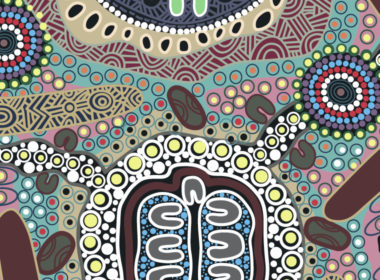Snapshot
- Many Indigenous Australians are poorly served by the general law of intestacy and wills because their cultural ideas, including those relating to kinship, are
not reflected in such laws. - It is now possible in three jurisdictions, including New South Wales, for an intestate estate to be distributed under customary law.
- Solicitors should be in a position to advise Indigenous clients about the option of making a culturally appropriate will, which can protect customary law needs as well as kinship and other requirements.
In Australia, the succession needs of Indigenous people were largely ignored until fairly recently. It was thought that Indigenous people living traditional lives did not need wills, and Indigenous people living non-traditional lives would be perfectly well served by the same succession law as everyone else. This was based on the idea that Indigenous people can be neatly divided into traditional and non-traditional. This is not accurate. In fact, Indigenous people (and this is true throughout Australia) tend to move between traditional and urban environments, carrying their customary law ideas with them, going home to their country to perform necessary rituals, and maintaining their views about who are their kin. It is also true there is now a burgeoning Aboriginal middle and professional class. In fact, the number of Aboriginal and Torres Strait Islander persons employed in professional occupations has increased by over 75 per cent in 10 years (Australian Bureau of Statistics, 2016 Census) and the proportion is growing. This group of people also continue to live a mixed lifestyle with traditional views of kinship and the maintenance of many of their customary law obligations (Marcia Langton, The Quiet Revolution: Indigenous People and the Resources Boom (Boyer Lectures, ABC, 2012)).
Problems created by common law for Indigenous people
The fact that Indigenous people often maintain many aspects of their traditional customary law knowledge and obligations, even where they are living a non-traditional lifestyle, means that not only those living traditionally, but also those living non-traditionally may not be well served either by mainstream intestacy laws or by wills which are drafted without reference to cultural issues. The easiest way to show this is by reference to ideas about kinship. In the common law of succession, the view of kinship focuses on the nuclear family and traces its way from the past to the future down a line of blood kin, often only down the male line (although this is less the case now). We rarely think of it but the names we call people as kin reflect our view of their obligations to us: ‘mother’ and ‘father’ are expected to look after ‘children’; ‘aunt’ and ‘uncle’ have a lesser obligation to ‘children’ of ‘mother’ and ‘father’, and so on, but the common law also uses these names in respect of blood line relationships so that, for example, ‘mother’ refers only to the woman who gave birth to ‘child’.




